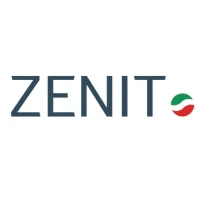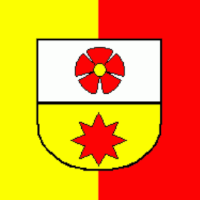ESAPPIN
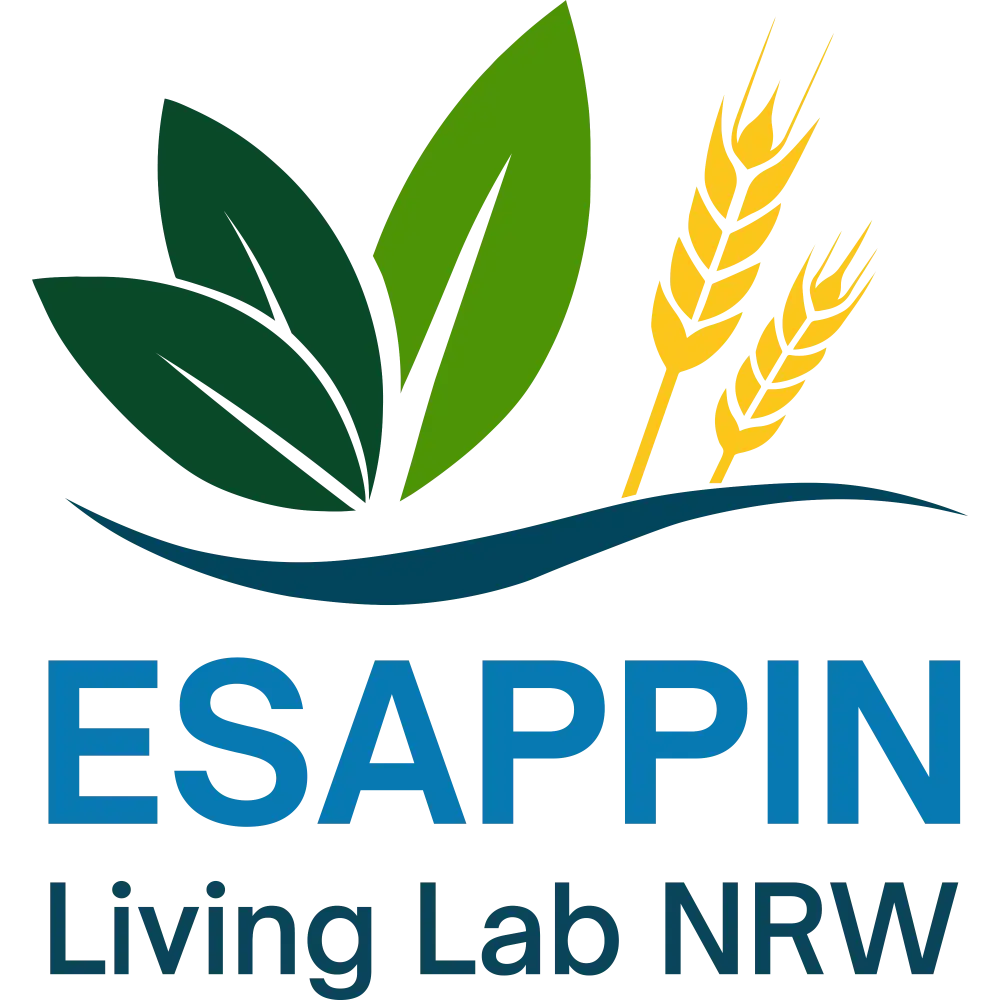
ESAPPIN Living Lab NRW
The ESAPPIN Living Lab addresses food security in the German state of North Rhine – Westphalia (NRW), bringing together actors from the academic, industrial, agricultural and political spheres, with a key focus on processed food products. The ESAPPIN Living Lab aims to create a substantial impact on various target stakeholders, including consumers, farmers, food processors, retailers, and policymakers at different levels (local, regional, and central European).
About us
The ESAPPIN consortium brings together 4 complementary and multidisciplinary actors from NRW, Germany, covering the needs and competences required to successfully establish and run a LL. ESAPPIN is co-ordinated by ZENIT GmbH, the innovation- and Europe agency of NRW, bringing extensive experience in the areas of EU projects, cross-border collaboration, innovation management, innovation-related policy advice, and dissemination & communication activities. Technical excellence is provided by two technical partners: TH-OWL, a public university with a centre of excellence for the topic of food safety and sustainability; and FlyPard Analytics GmbH, an SME providing novel data-enhanced services for improved agricultural performance. Finally, the County of Lippe provides the CoU for this project representing the agricultural ecosystem in the target region.
Location
Location within Germany. Location within state of North-Rhine-Westfalia.
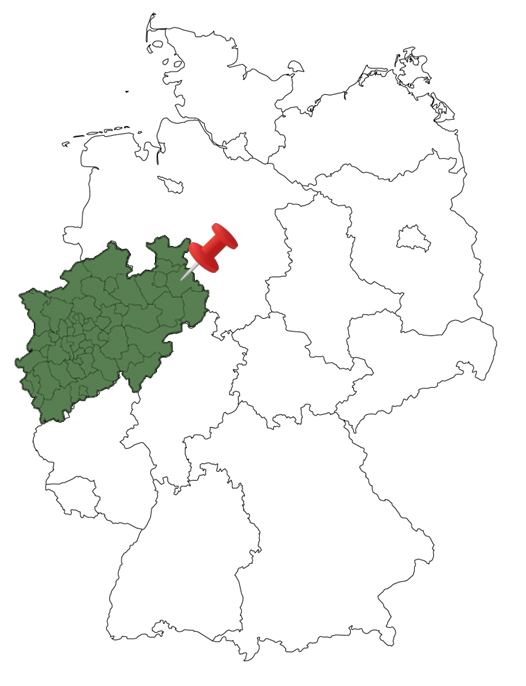
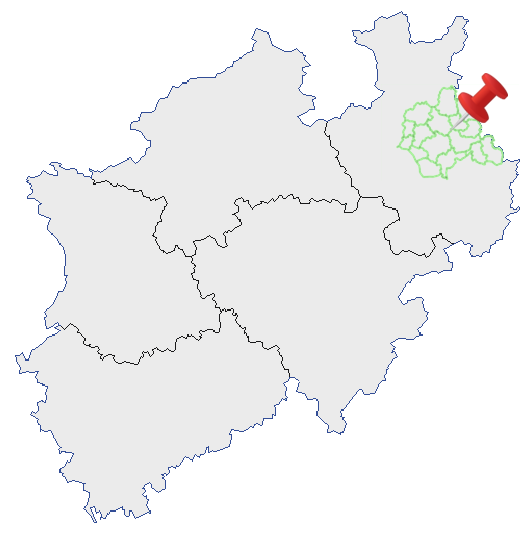
Partners
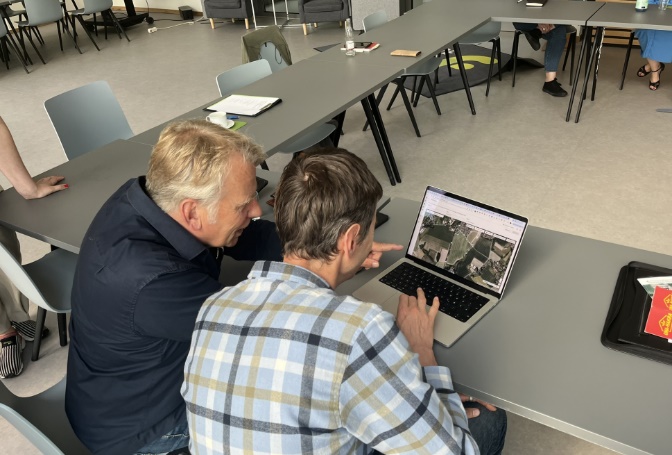
Partners & Expertise
ZENIT GmbH. ZENIT GmbH is a public-private enterprise which acts as the Innovation and Europe agency of NRW. Since its founding in 1984, ZENIT has guided and accompanied the industrial transformation of NRW from its mining and industrial-focused origins, into a key innovator region in fields such as AI, Big Data, Energy, MedTech, and AgriTech / FoodTech.
TH OWL. TH-OWL is a vital component of the dynamic science and business region of East Westphalia-Lippe and is one of the most research-intensive universities of applied sciences in NRW. The university focuses its research efforts on the areas of "Production & Automation," "Area & Culture," "Health & Life Science," and "Environment & Resources.".
FlyPard Analytics GmbH. FlyPard Analytics GmbH is an SME, which develops and provides the GeoPard Agriculture software platform for analysis of agricultural fields. The company aims to enable sustainable agriculture practices usage, increase precision agriculture uptake rate, effectiveness and quality of agronomic decisions and operations.
County of Lippe. The County of Lippe has made it its mission to support local agricultural producers in their regional marketing activities and provides a direct interface to farmers and producers in the Lippe region.
Objectives
The ESAPPIN Living Lab addresses food security in the German state of North Rhine – Westphalia (NRW), bringing together actors from the academic, industrial, agricultural and political spheres, with a key focus on processed food products. As the most populous German state, NRW presents an excellent location for a LL due to its wide range of agricultural activities and production of regionally relevant products. Five key product groups will be investigated using a mixture of field analysis (using weather, soil, topography, and Earth observation data), and direct analysis of produced crops. Reflecting the importance of the food processing industry in NRW, the overarching goal of ESAPPIN is to evaluate not only the resilience of the crops themselves as raw products, but also to identify suitable uses for the crops as processed products, hence reducing food waste and increasing food security in the region.
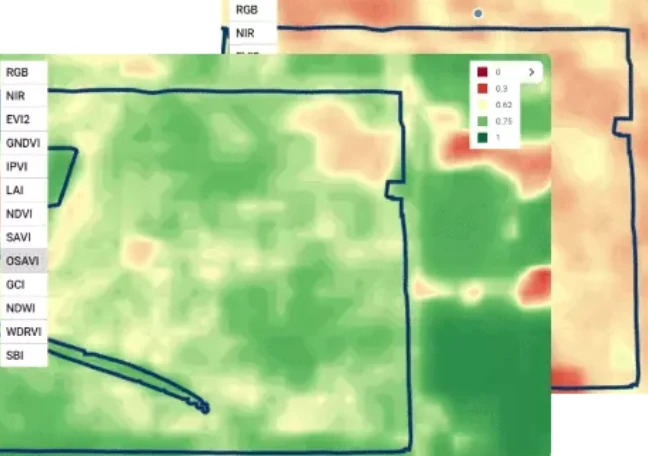
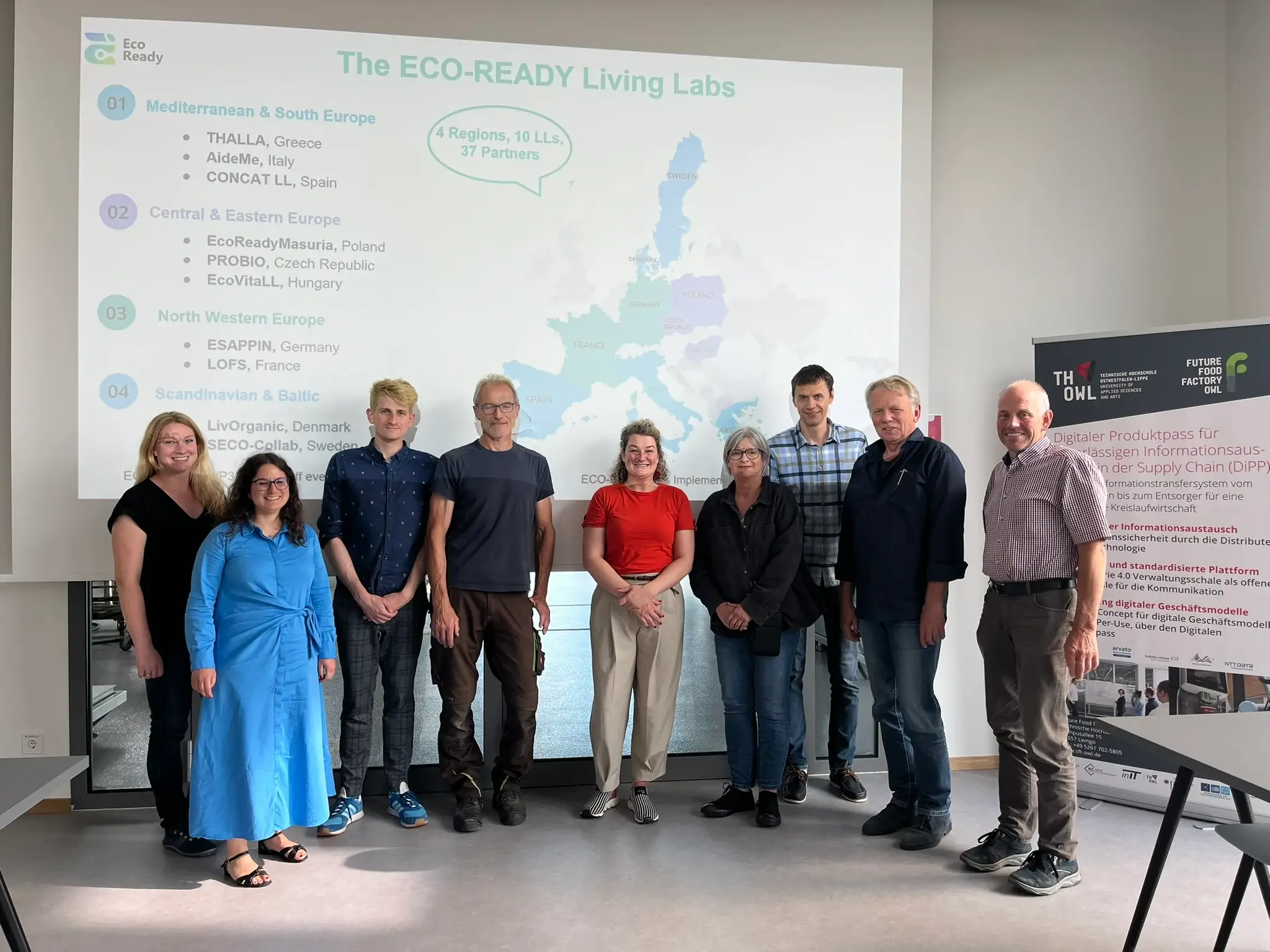
Project engagements
The LL challenge aims to ensure food supply and security by considering not only the raw products themselves, but the role that they play within the wider food supply chain, in particular for processed products, which play a key role in NRW. This is an especially innovative aspect of ESAPPIN in comparison to previous studies, as ESAPPIN will not only correlate climate change effects (CCEs) and raw product properties but will also find alternative possibilities for processing or corrective strategies so that extreme CCEs do not necessarily result in total crop failures. This focus has motivated the selection of the 5 product groups barley, oat, rapeseed, berries and mushrooms.
Dissemination channels
ESAPPIN activities and results will be disseminated via Institutional Social Media
